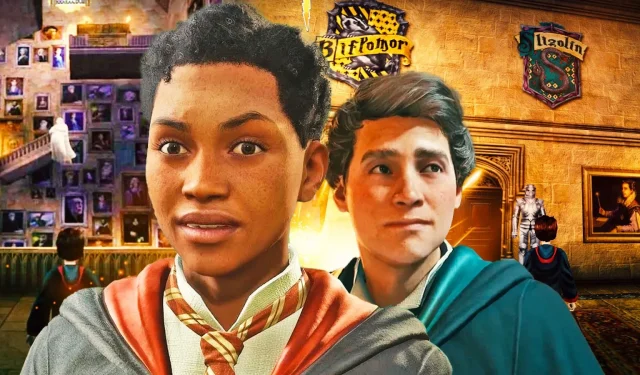
The highly popular Hogwarts Legacy has garnered much attention, yet a notable aspect seems to lack in depth compared to earlier Harry Potter video games. While those classic titles exhibited their own issues, particularly given their age and some bugs, they managed to encapsulate elements closely tied to the rich source material. Although glimpses of such elements exist in Hogwarts Legacy, they are not as prevalent. This is an aspect that could benefit from enhancement in a sequel.
Currently, details surrounding the sequel to Hogwarts Legacy remain sparse, yet early indications suggest that it is indeed in development. In the meantime, fans are fervently speculating about what improvements and innovations might be introduced. The first installment undeniably succeeded in many areas, providing an immersive world to explore, the option to manage a shop, and the delightful experience of customizing the Room of Requirement while caring for magical creatures. Nonetheless, there is one significant opportunity that a sequel could seize—creating a more engaging school experience.
Hogwarts Legacy 2: The Importance of a School Day
The Need for More Meaningful Classes
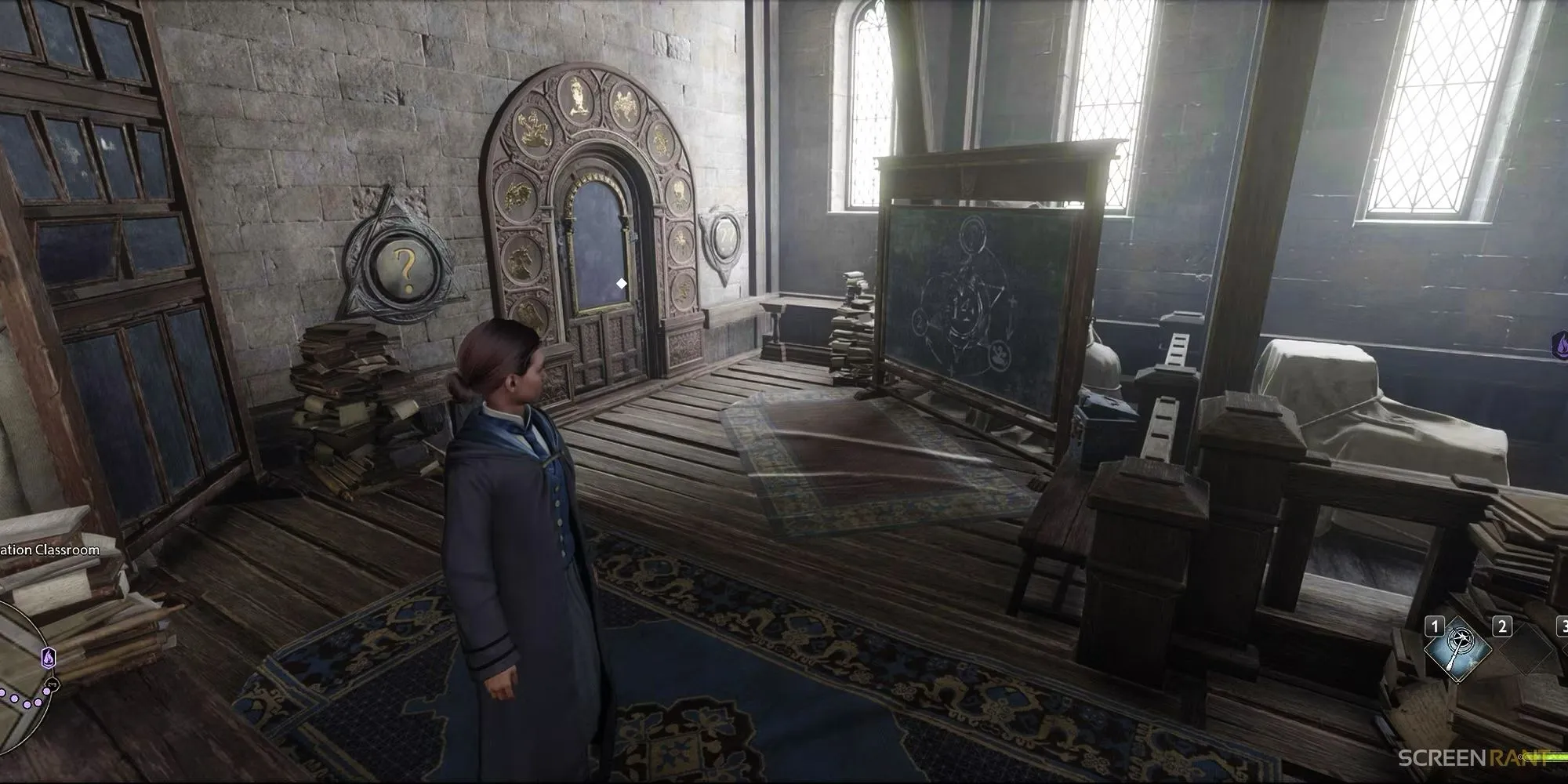
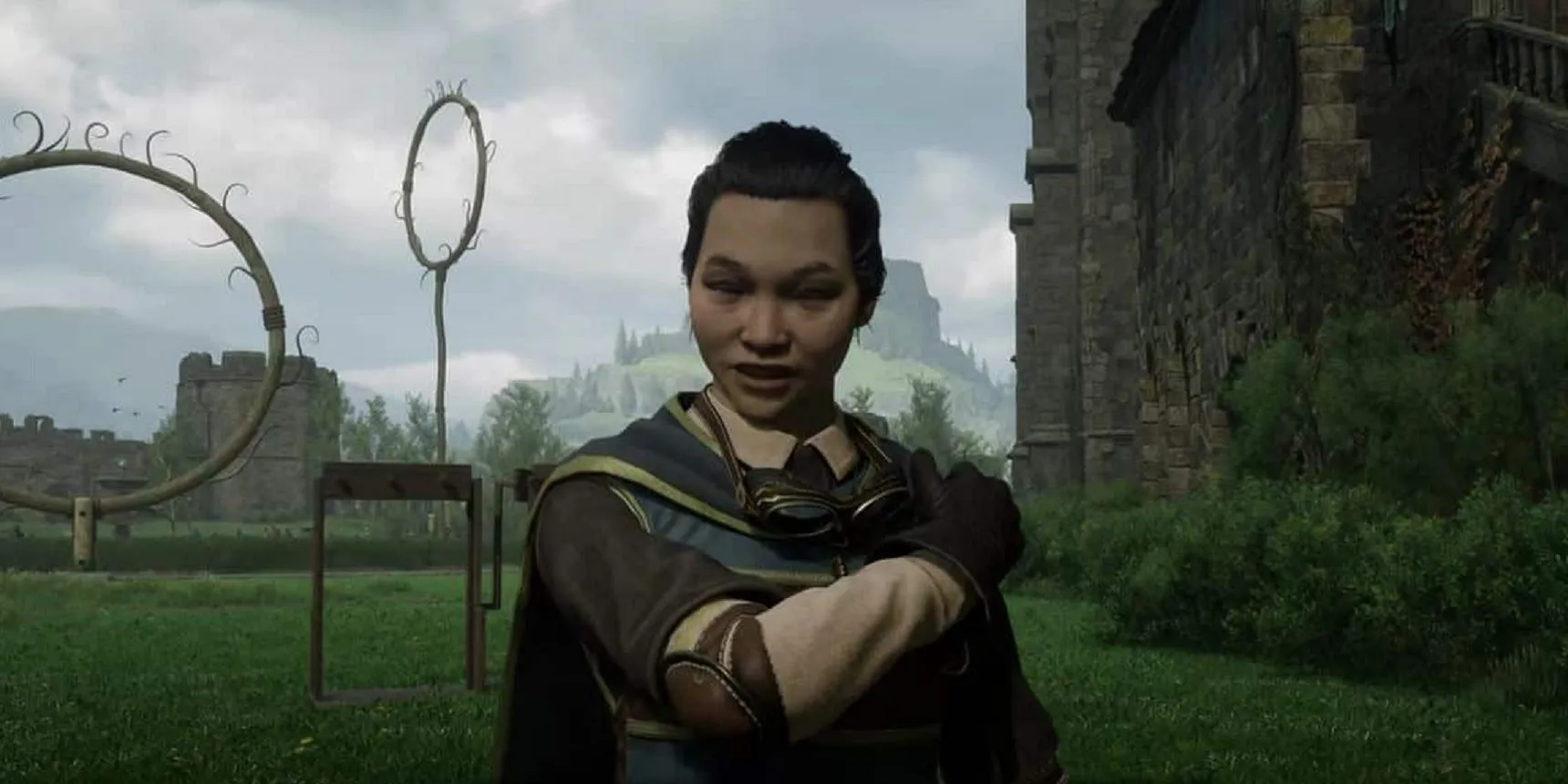
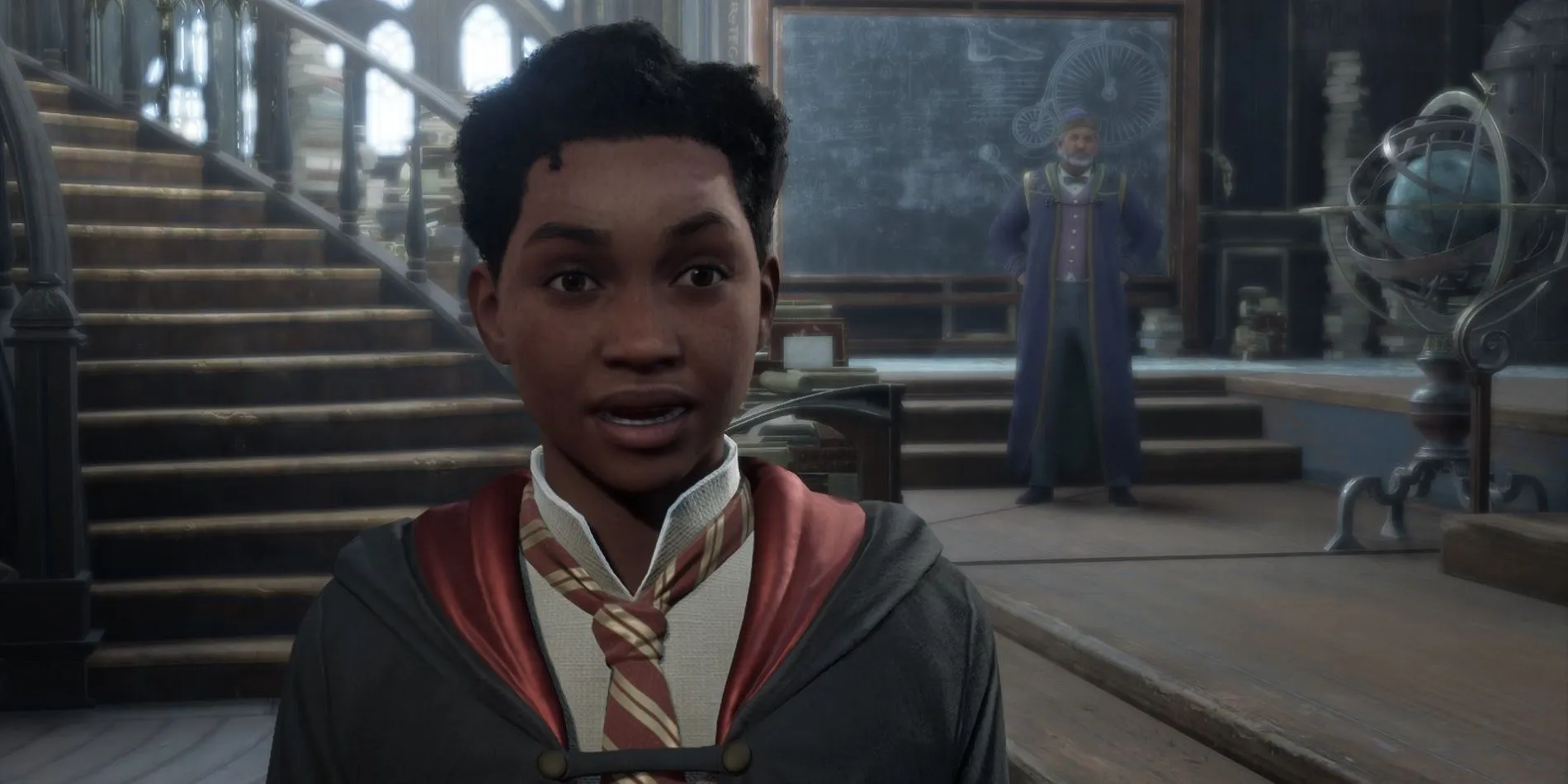
A notable absence in Hogwarts Legacy is a structured school day experience. From the game’s outset, players engage in an initial class, quickly mastering spells. However, shortly thereafter, most gameplay revolves around Hogsmeade visits and battling creatures rather than attending meaningful classes. As the storyline progresses, class attendance dwindles, particularly as players venture further from Hogwarts.
While the game presents various exciting elements, the lack of a comprehensive school day experience is felt. Implementing a school day may seem mundane, yet the precedent set by previous titles indicates that captivating gameplay could be attained through this format. Plenty of material from the original novels can be adapted, and mechanics such as quizzes or practical tests could enrich the classroom experience, reminiscent of successful educational games.
Learning from Previous Harry Potter Games
Finding Balance Between Exploration and Education

Many of the earlier video games tied to the Harry Potter franchise struck a more effective balance between classroom attendance and exploration of the Hogwarts grounds. Although not all the games took place within the castle, those that did often mirrored the narrative of the films closely. For instance, the Order of the Phoenix game effectively incorporated classroom activities alongside exploration of Hogwarts during free time.
The early titles in the franchise, particularly the Chamber of Secrets, set a solid foundation, allowing players to progress through the storyline by attending classes and embarking on challenges that mirrored Harry’s experiences in the books. In these games, classes served as a springboard for learning new spells and facing challenges, often with time constraints that enhanced engagement.
Designed to foster exploration, these games created a dynamic day/night cycle. Players navigated through Hogwarts, attending classes while maintaining the thrill of discovery. Even the Lego Harry Potter series adopted a similar formula, striking a commendable balance between academic pursuits and adventure.
Transforming Classroom Experiences in Hogwarts Legacy 2
Innovative Possibilities Based on Established Game Mechanics
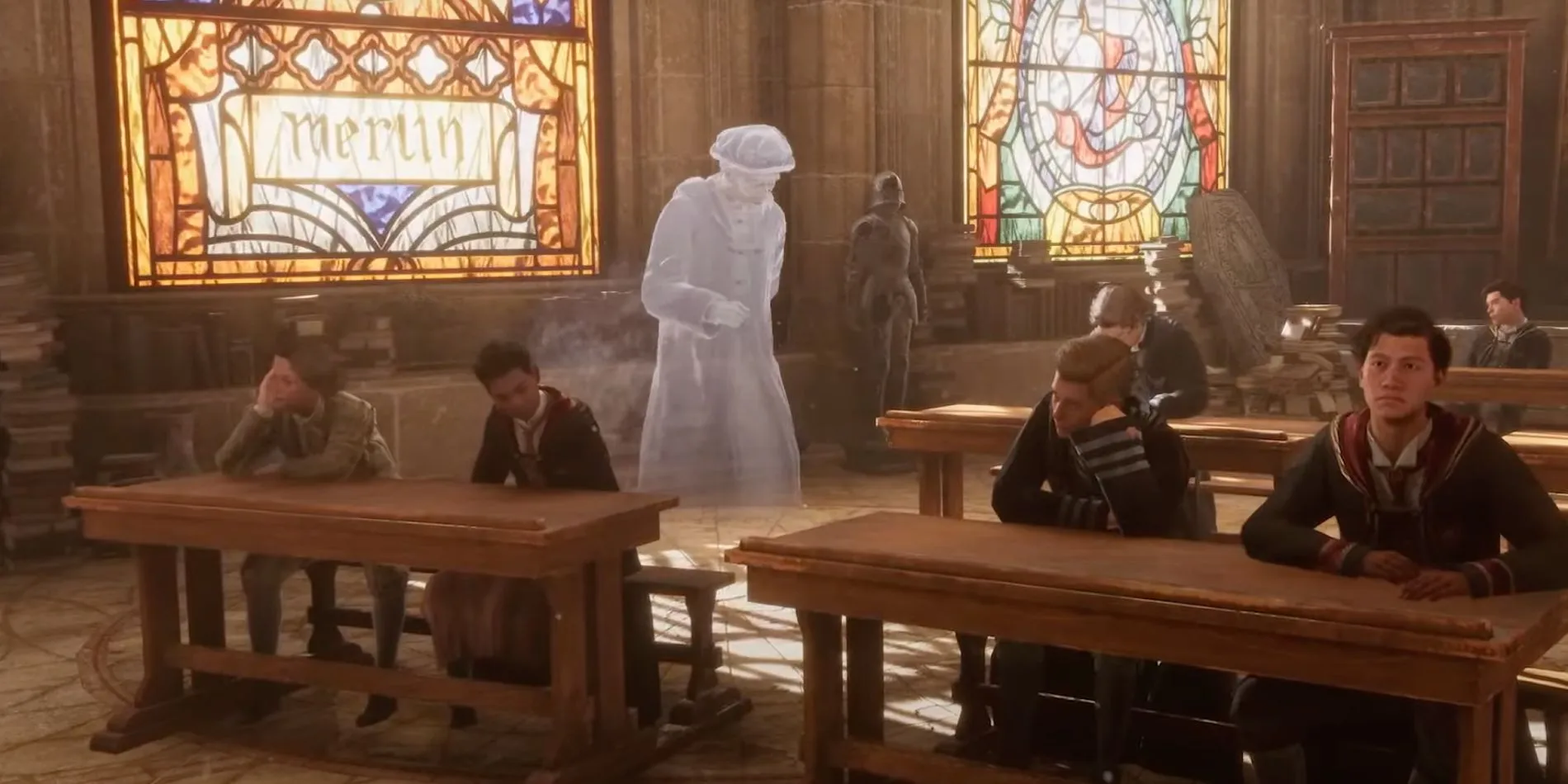
Sparking excitement around classroom dynamics can be achieved by taking cues from other school-themed games, such as the title Bully, where players attending class face various challenges, including quizzes. This concept could translate seamlessly into Hogwarts Legacy 2, allowing players to uncover the magical world in a more interactive way.
A revised approach could also involve skill enhancement based on class attendance. Instead of simply accumulating skill points, players would need to engage in lessons to improve specific magical abilities or potion-making. This shift could reintegrate challenges into the gameplay, inviting players to master new spells and skills through fun, engaging mini-games—making them more appealing for repeat attempts.
Incorporating competitive elements could further enrich the classroom environment. Players might engage with NPC companions, both improving their abilities as they progress through classes. The inclusion of local multiplayer features could open avenues for class-based competitions where players face off against their friends.
Instead of relying solely on dueling leagues, mechanics in the Defense Against the Dark Arts classroom could become interactive, inviting players to formulate potions during lessons rather than making them exclusively in the Room of Requirement. By implementing a structured day that maintains the day/night cycle, players would have the freedom to explore while ensuring timely attendance at classes, ultimately crafting a more compelling and rich gaming experience in Hogwarts Legacy.




Leave a Reply